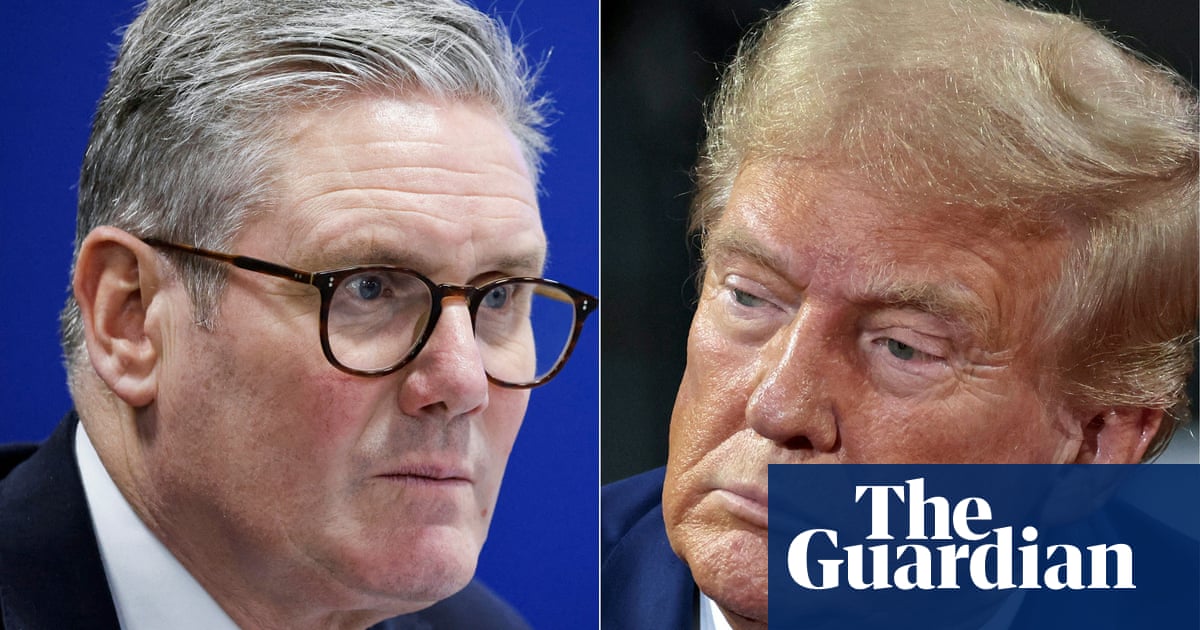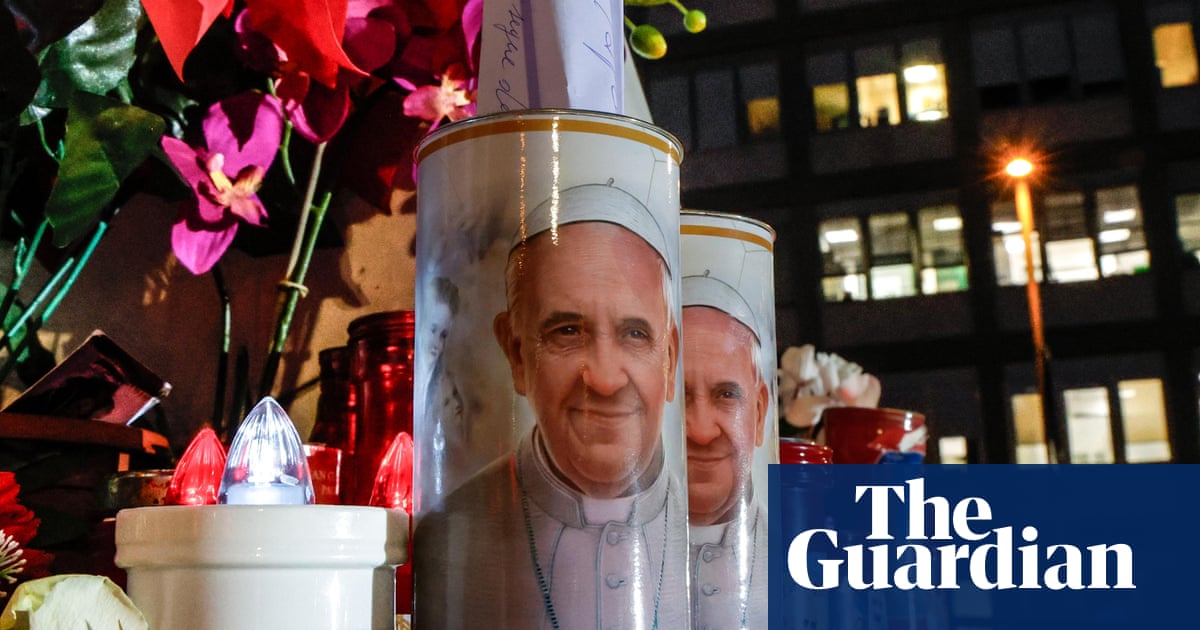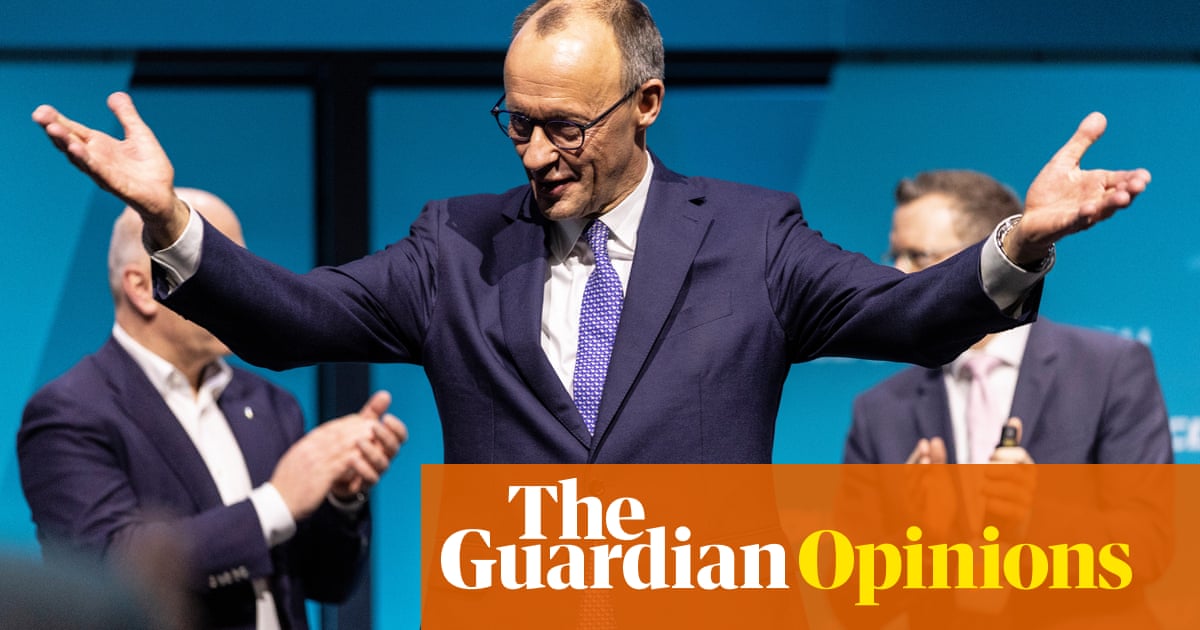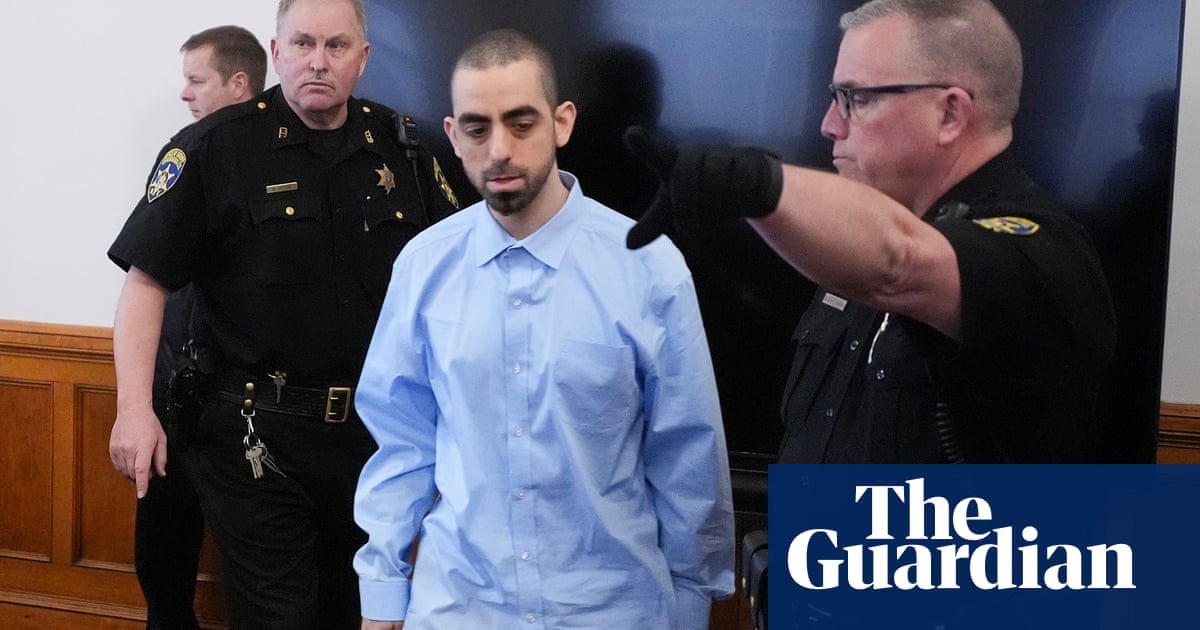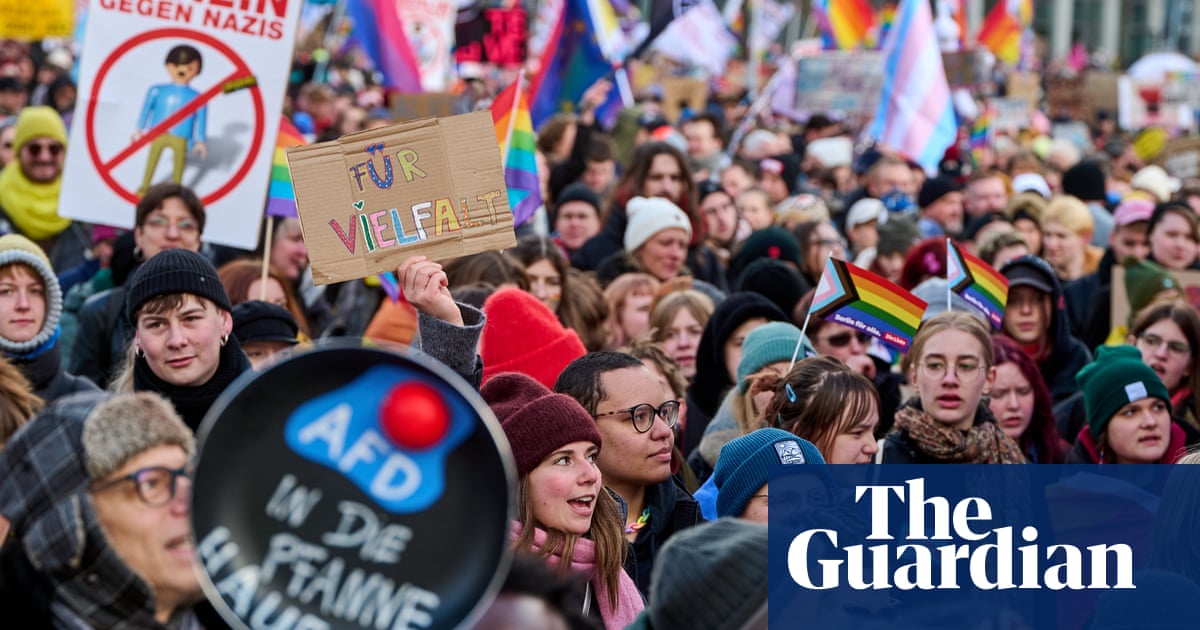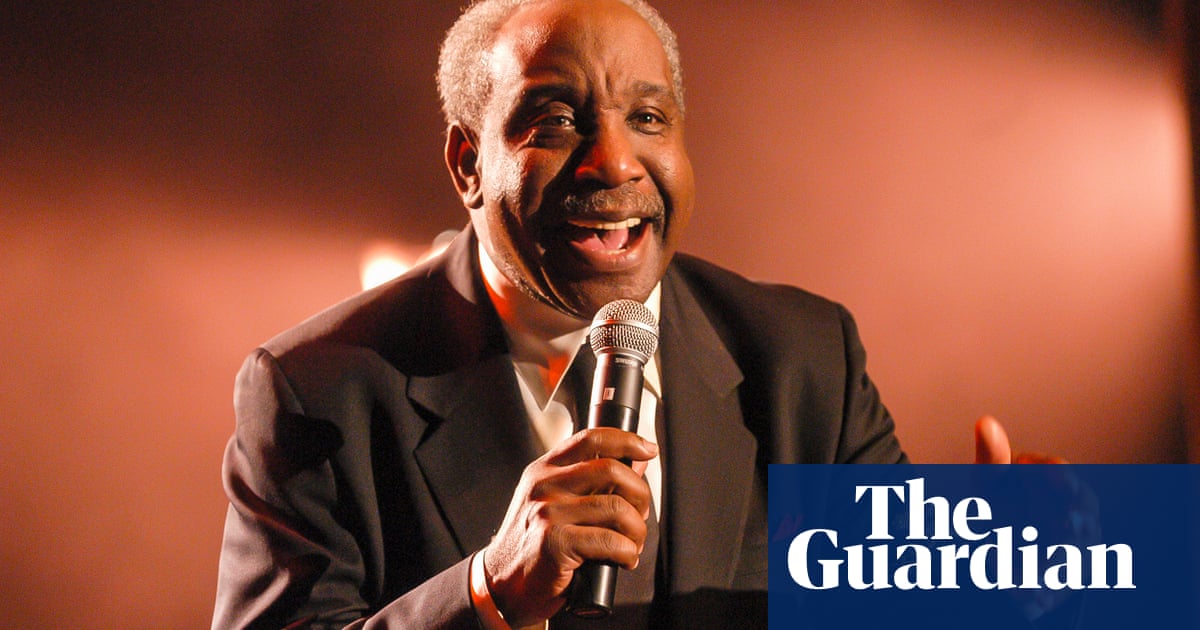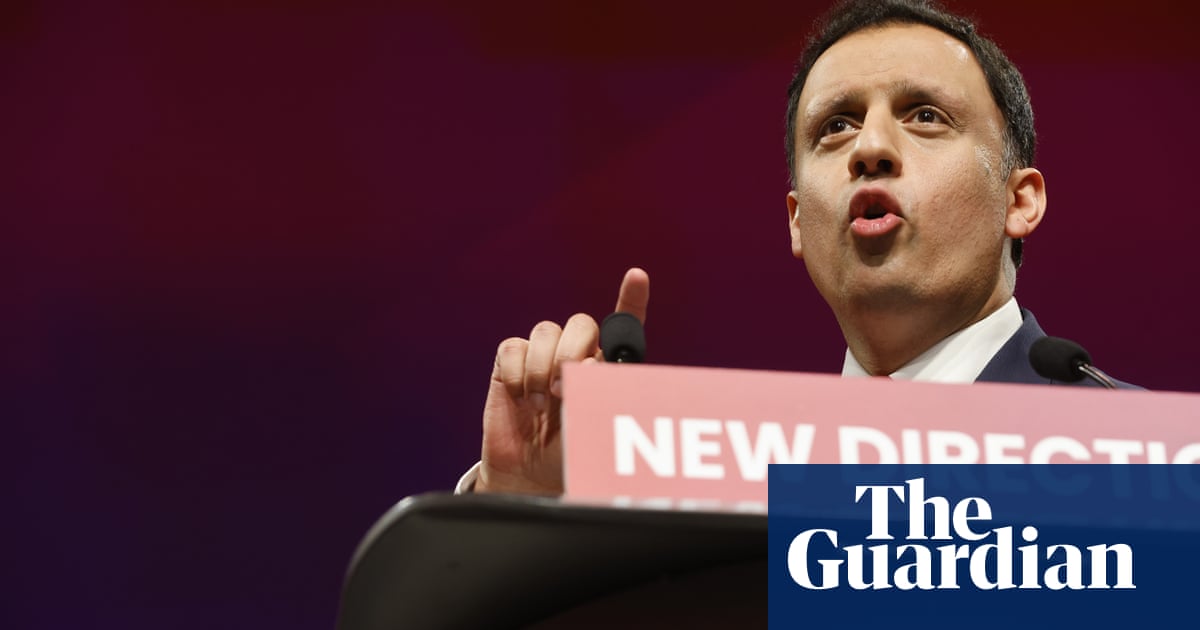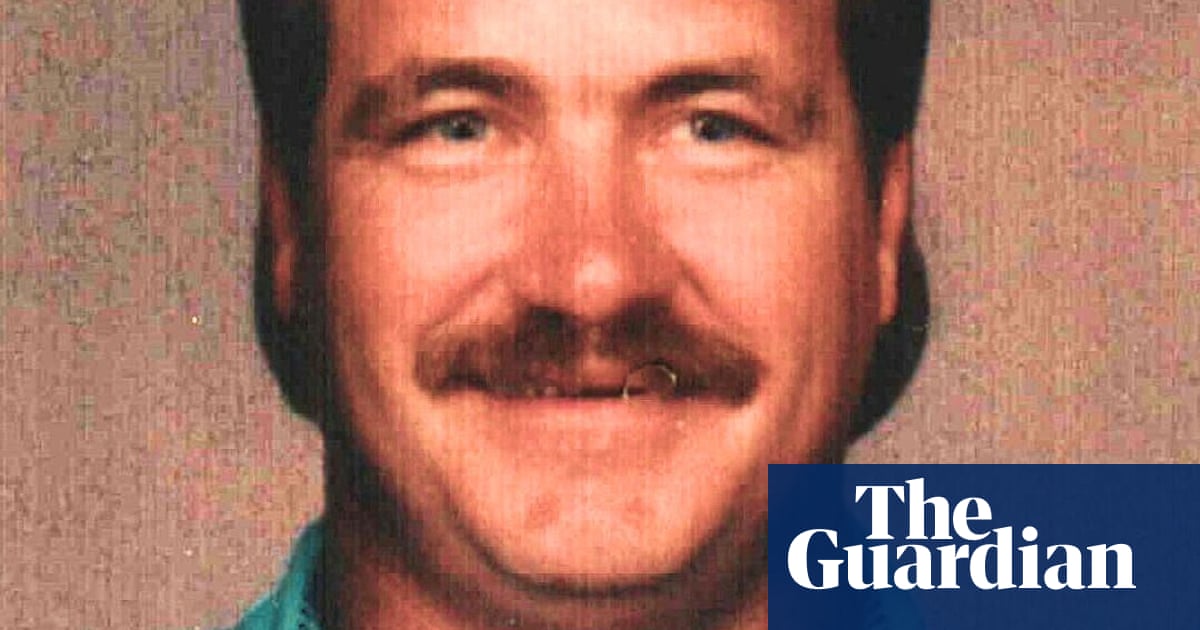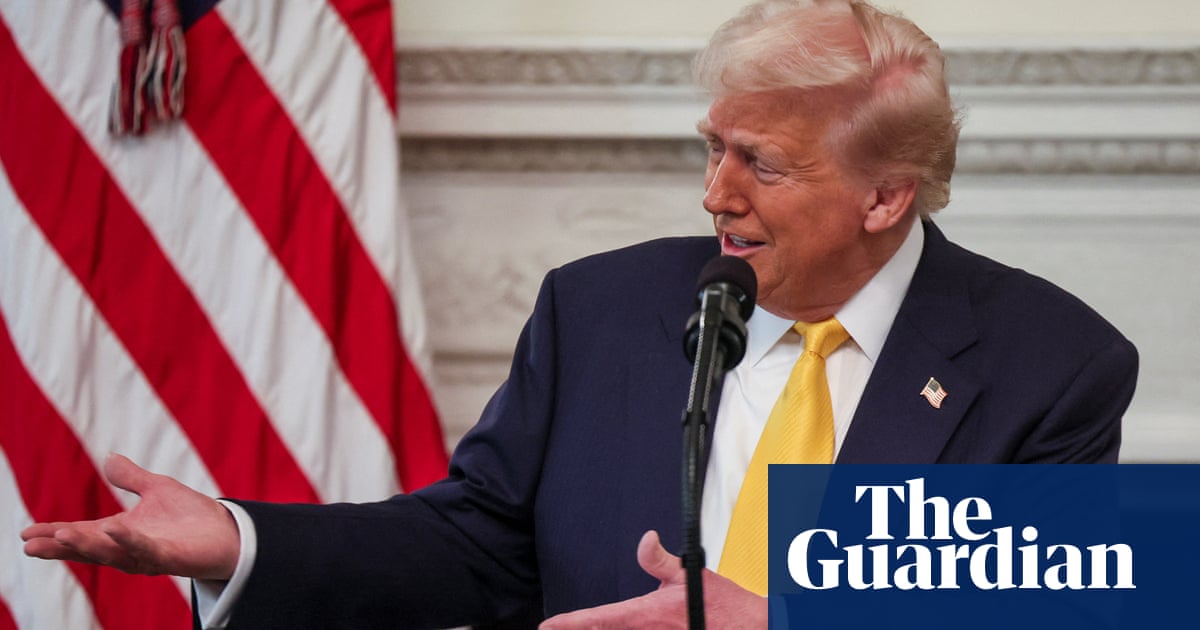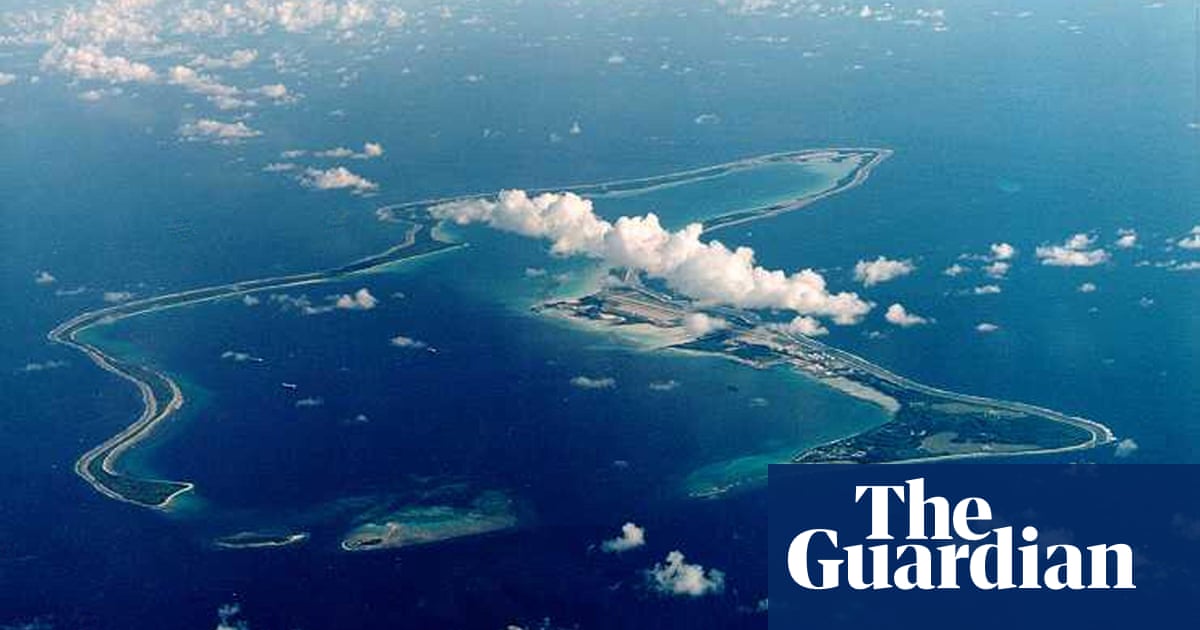The west should not be “fooled” by Vladimir Putin’s attempts to dress up imperialism as pragmatism in advance of any talks over the future of Ukraine, David Lammy has warned.
Speaking before Keir Starmer’s visit to Washington next week to discuss Ukraine, the foreign secretary said Britain was “ready to listen” to Russia but it had not yet heard that it was prepared to meet the conditions for a durable peace.
“What I heard was the logic of imperialism dressed up as a realpolitik, and I say to you all, we should not be surprised, but neither should we be fooled,” he told the G20 in South Africa, after a speech by the Russian foreign minister, Sergei Lavrov.
He added: “If Putin is serious about a lasting peace, it means finding a way forward which respects Ukraine’s sovereignty and the UN charter, which provides credible security guarantees, and which rejects Tsarist imperialism, and Britain is ready to listen. But we expect to hear more than the Russian gentleman’s tired fabrications.”
The UK is attempting to tread a fine diplomatic line between supporting Ukraine and not offending the US president, Donald Trump, who is seeking a deal to end the three-year war.
Trump has struck out alone in recent days by opening negotiations with Russia without including Ukraine or other European allies. In an escalation of tensions between Washington and Kyiv, Trump claimed president Vlodymyr Zelenskyy is a dictator with low opinion ratings who has avoided holding an election. Meetings between the US envoy Keith Kellogg and Zelenskyy in Kyiv ended with a cancelled press conference on Thursday.
Starmer is due to meet Trump on Thursday in a week of frantic diplomatic activity which will see President Macron also visit the White House on Monday. The prime minister’s approach is to “take the heat out” of the row between Trump and Zelenskyy, who has described the US president as living in a “disinformation bubble”.
On Thursday Macron said he would seek to convince Trump that showing weakness to Putin would make it harder for the US to confront China and curb Iran’s nuclear programme.
“I will tell [him]: deep down you cannot be weak in the face of [Putin]. It’s not you, it’s not what you’re made of and it’s not in your interests,” Macron said.
“How can you be credible with China if you’re weak with Putin? And you who doesn’t want Iran to get the nuclear bomb, you can’t be weak with someone who is helping it to get one.”
Starmer has not publicly spoken about the war of words between Trump and Zelenskky before his meeting with the US president next week but description of the Ukraine leader as a dictator has been met with widespread political condemnation among western allies.
A Downing Street spokesperson said on Wednesday that Starmer had expressed his support for Zelenskyy in a phone call, describing him as “Ukraine’s democratically elected leader” and made the point it was acceptable to suspend elections in war time, as Winston Churchill did during the second world war.
Among those publicly contradicting Trump included Reform leader Nigel Farage, who said “let’s be clear: Zelenskyy is not a dictator”, and the shadow foreign secretary, Priti Patel, who said Trump was “not right” in his comments about the Ukrainian leader.
Lisa Nandy, the culture secretary, told the BBC on Thursday that Zelenskky was elected. “We know from our recent history here in the United Kingdom, in Northern Ireland last time Labour was in power, that commenting on every up and down, every word that is said is not the way to get a solution,” she said.
She added: “We’re clear, and the prime minister is clear, that we’ve got to take the heat out of this situation.”
At Starmer’s meeting in Washington, the prime minister will push for the US to help provide security guarantees for Ukraine in the event of a ceasefire with Russia, with discussions about higher European defence spending also likely to be on the agenda.
Trump has demanded higher European defence spending, saying the US has had enough of supporting Ukraine militarily. Speaking to the Guardian, Rachel Reeves, the chancellor, warned adding to defence spending would require “difficult decisions, across the board” to balance the books, raising the prospect of further tax increases or spending cuts at the spending review.
“The world is changing rapidly, and the importance of keeping us safe is not up for grabs,” she said. “The first duty of any government is to protect its citizens. That will require difficult choices, right across the board, but you can’t have a strong economy, you can’t have strong public services unless we are properly defended as a country and protect our national security.”
Suggesting a plan was being readied to increase spending on defence to 2.5% of GDP, the chancellor said: “We will set out the path to that in the proper way. But no one should be in any doubt about my commitment and this government’s commitment to spend more money on defence.”
Government sources signalled an announcement would come alongside its strategic defence review, being led by the former Labour defence secretary and Nato chief George Robertson, which is due to complete this spring.
Tax rises, more borrowing, and spending cuts could all be on the table as options, but Ed Balls, the former Treasury minister and an ex shadow chancellor, told the Political Currency podcast that there was a case of breaking the fiscal rules to borrow more to fund an exceptional need for higher defence spending.
“I think that is much more credible than a massive tax rise, and I think it’s much more credible than undeliverable public spending cuts the markets won’t believe in,” he said.
Starmer had suggested over the weekend that the UK could be prepared to contribute to a peacekeeping force in Ukraine.
Meanwhile, Moscow repeated warnings on Thursday that any British plan to send troops to Ukraine as part of a potential peacekeeping mission would be unacceptable to Russia. Germany has suggested that talk of European troops in Ukraine is “premature”.
Later, John Healey, the defence secretary, told a press conference in Norway that the idea of peacekeeping forces was “jumping ahead of ourselves”, as formal negotiations have not started and Ukraine needed to be involved in the final talks.
Healey said: “Our prime minister had made the commitment that if we reach a ceasefire, we reach an end to the fighting, security guarantees will be needed and Britain is ready to play a full part in that and we’re leading some of the detailed discussions about what may be needed, but I am certainly not going to give you any detail that is going to make President Putin the wiser.”
On Zelenskyy, Healey said the Ukrainian leader was “the elected leader of Ukraine, and he’s done what Winston Churchill did in Britain in the second world war, suspended elections while at war. And our job is to stand with the Ukrainians, support the Ukrainians, support them in their fight. And if they choose to talk, support them in the negotiations as well.”

.png) 22 hours ago
4
22 hours ago
4
